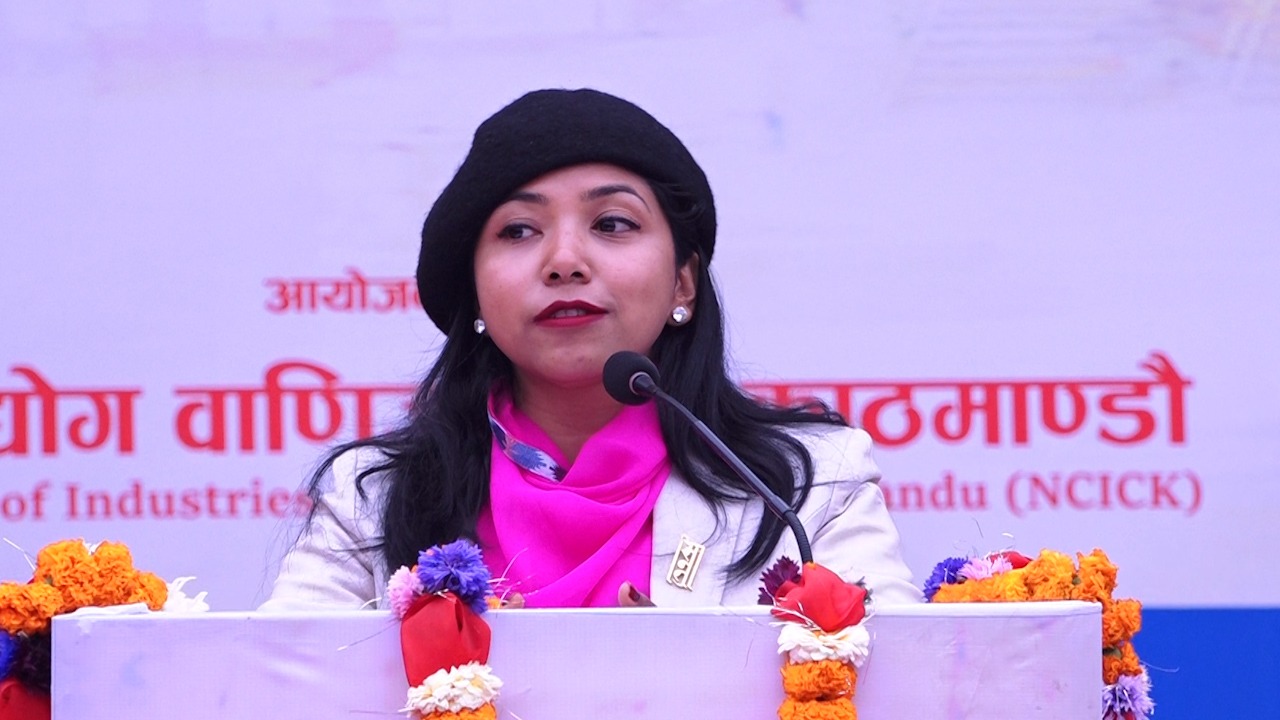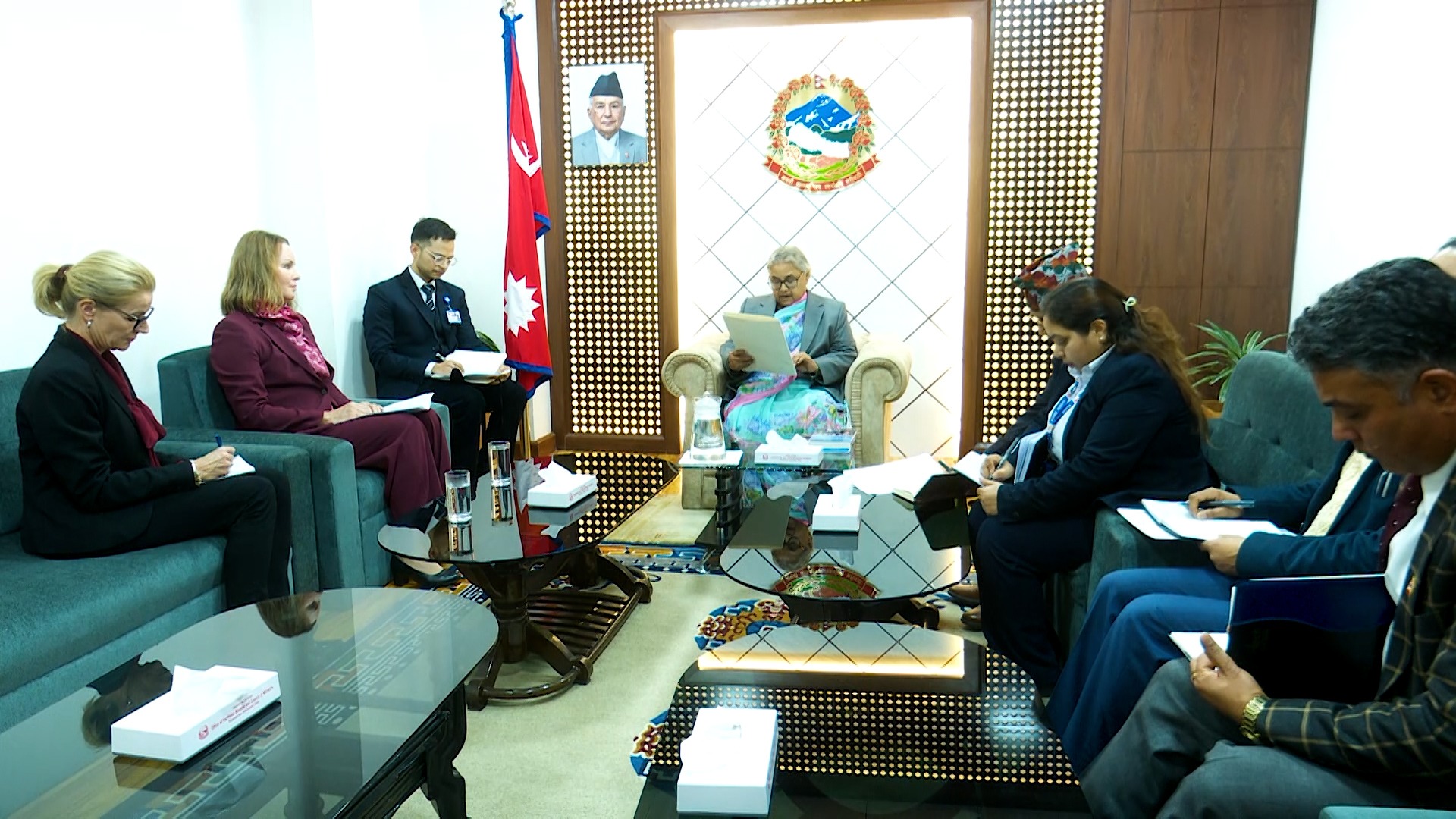Nurturing Innovation and Humanity- A Strategic Vision for the Future: An Opinion

In a rapidly evolving world where technology drives profound changes, the need to foster innovation and promote humanity has never been more critical. Innovation serves as the engine of progress, and the spread of humanity ensures that advancements benefit all. This opinion piece explores how we can spark innovation and spread humanity by considering the roles of education, culture, technology, and ethics and the crucial role that policymakers, educators, and industry leaders play in this process.
In my previous paper, ‘The Ways to Sparking Innovation and Spreading Humanity,’ I delved into the foundational principles of fostering innovation while ensuring that technological advancements are in line with human values. This work underscores the pivotal role of curiosity, creativity, ethical considerations, and inclusivity as the driving forces of progress that ultimately benefit society. It is these qualities that not only inspire us, but also motivate us, and lead us to new and better solutions.
Building on this, my current paper, ‘Nurturing Innovation and Humanity: A Strategic Vision for the Future,’ shifts its focus to practical applications. It underscores how these principles can be effectively implemented to create a sustainable, positive impact in real-world scenarios. This paper presents actionable strategies, such as integrating ethics into innovation processes, democratizing access to technology, and promoting lifelong learning. It provides concrete examples and frameworks to guide policymakers, educators, and industry leaders in creating environments where innovation thrives harmoniously with human values. This practical approach aims to transform visionary concepts into tangible outcomes that drive technological and societal progress.
1. Fostering a Culture of Curiosity and Creativity
Creating a culture of curiosity and creativity is not just a choice but a necessity. It involves fostering environments that encourage questioning and exploration. This begins with educational systems prioritizing critical thinking over rote learning, allowing students to experiment and engage in diverse subjects. In the workplace, fostering creativity is not just a luxury but a requirement. It involves valuing innovative ideas, supporting interdisciplinary collaboration, and providing space for experimentation. Embracing curiosity-driven approaches is not just beneficial but essential. It leads to novel solutions and continuous improvement. By celebrating creativity and curiosity, organizations and institutions can unlock human potential, driving personal growth and groundbreaking advancements that benefit society.
Embrace Curiosity
Curiosity is the foundation for innovation. We can cultivate a mindset that seeks to understand and improve our world by encouraging questioning and exploration from an early age. Schools and workplaces should create environments where asking “why” and “what if” are not just allowed but celebrated. This curiosity-driven approach leads to novel solutions and technologies.
Nurture Creativity
Creativity refers to the ability to see connections that others may miss. Incorporating art and creative thinking into education and professional development fosters out-of-the-box thinking. Interdisciplinary learning, where subjects such as art, science, and humanities intersect, can spark innovative ideas. For instance, combining art with technology can lead to design and user experience breakthroughs.
2. Leveraging Technology for Inclusive Growth
Leveraging technology for inclusive growth involves ensuring that technological advancements benefit all segments of society, particularly underserved communities. This requires expanding access to digital tools and Internet connectivity, thus enabling broader participation in the digital economy. Initiatives such as affordable technology, digital literacy programs, and community-based tech hubs empower individuals with skills and resources for economic opportunities. Additionally, promoting open-source platforms and collaborative projects fosters innovation that is both accessible and equitable. By integrating these approaches, technology has become a catalyst for reducing inequalities, enhancing social mobility, and driving inclusive economic development globally.
Democratize Access to Technology
Ensuring equitable access to technology is crucial to spreading innovation. Internet access, digital literacy programs, and affordable devices enable more people to participate in the digital economy. Initiatives such as ((OLPC) and community tech hubs can empower underserved populations to innovate and contribute toward societal progress.
Promote Open Source and Collaboration
Open-source platforms and collaborative projects allow individuals from diverse backgrounds to contribute and benefit from technological advancements. This collective approach accelerates innovation and ensures that knowledge is shared rather than hoarded. Projects such as Linux and Wikipedia exemplify how open collaboration can lead to innovations that serve humanity. By promoting open-source platforms and collaborative projects, we can foster a sense of inclusivity and belonging, making everyone feel part of a larger community driving technological progress.
3. Integrating Ethics into Innovation
Integrating ethics into innovation ensures that technological advancements align with societal values and serve the common good. This involves embedding ethical considerations at every stage of development, from ideation to deployment. For instance, establishing ethical guidelines for emerging technologies such as artificial intelligence and biotechnology helps prevent misuse and fosters trust. Engaging diverse stakeholders in decision-making ensures that multiple perspectives are considered, promoting fairness and inclusivity. Regularly assessing innovations’ social impact helps identify potential harms and benefits, guiding responsible development. By prioritizing ethics, we create technologies that are not only groundbreaking but also just and humane.
Prioritize Ethical Innovation
Innovation must be guided by ethical considerations to benefit humanity. Developing ethical guidelines for emerging technologies such as AI and biotechnology helps prevent misuse and promote responsible advancement. For example, ethical AI frameworks ensure that AI systems are transparent, fair, and aligned with human values.
Foster Social Responsibility
Innovators and corporations should be held accountable for the social impacts of their inventions. Encouraging companies to adopt corporate social responsibility (CSR) practices can ensure that technological advancements contribute to social goods. For instance, tech companies can invest in renewable energy or create products that address global challenges such as climate change and poverty.
4. Encouraging Lifelong Learning and Adaptability
Promoting lifelong learning and adaptability is crucial in the era of rapid technological change. Lifelong learning involves continuous skill enhancement through various educational opportunities, such as online courses, workshops, and vocational training. Encouraging adaptability means fostering an open mindset to change and resilience in the face of new challenges. This approach effectively allows individuals to navigate shifting job markets and evolving technological landscapes. By investing in lifelong learning and cultivating adaptability, societies can build more agile and capable workforces, drive innovation, and ensure that individuals remain relevant and competitive in an increasingly dynamic world.
Promote Continuous Education
Learning and adapting are key to innovation in a fast-paced world. Lifelong learning initiatives such as online courses and vocational training allow individuals to upgrade their skills and continuously adapt to new technological landscapes. Adaptability fosters a workforce that can drive and sustain innovation.
Support Experiential Learning
Experiential learning, in which individuals learn by doing, helps bridge the gap between theory and practice. Encouraging hands-on projects, internships, and real-world problem-solving in education and professional settings promotes practical understanding and innovation. Hackathons and start-up incubators are excellent environments that foster experiential learning and innovation.
5. Building Inclusive and Collaborative Communities
Creating inclusive and collaborative communities involves actively fostering an environment where diverse voices are valued and engaged. This begins by promoting equity and accessibility, ensuring that everyone has opportunities to contribute and benefit. Building such communities requires breaking down the barriers to participation, embracing diverse perspectives, and facilitating open dialogue. Encouraging collaboration through community programs, inclusive decision-making processes, and shared resources strengthens social bonds and drives collective progress. These efforts create resilient networks that leverage the strengths of all members, leading to more prosperous, more innovative solutions to common challenges and fostering a sense of belonging and mutual support.
Create Inclusive Innovation Ecosystems
Innovation thrives in diverse environments. Creating ecosystems that include people from various backgrounds, disciplines, and perspectives enhances the creative processes. Diverse teams bring a broader range of ideas and solutions, leading to more robust and inclusive innovation.
Encourage Community Engagement
Community engagement in the innovation process ensures that technological advancement meets real needs. Participatory design and user-centered approaches can help innovators understand the challenges and needs of different communities, leading to practical and impactful solutions. Engaging with local communities during the development phase of products and services ensures their relevance and effectiveness.
6. Embracing Failures and Learning from Them
Embracing failures as part of growth is crucial for innovation and personal development. Instead of viewing failures as setbacks, they should be valuable learning opportunities that provide insights into what does not work, guiding future efforts. Encouraging a culture that accepts failure fosters experimentation, creativity, and resilience. Analyzing failures critically helps to identify underlying causes and areas for improvement, transforming mistakes into stepping stones for success. By embracing and learning from failures, individuals and organizations build adaptive, forward-thinking approaches that lead to continuous improvement and the discovery of more effective solutions.
Normalize Failure as a Learning Tool
Failure is an integral part of the innovation process. Encouraging a culture where failure is seen as a learning opportunity rather than a setback fosters resilience and persistence. Organizations and educational institutions should promote a growth mindset in which mistakes are analyzed to extract valuable lessons and insights.
Iterate and Improve
Innovation is an iterative process. Building prototypes, testing ideas, and refining them based on feedback allows for continuous improvements. Adopting agile methodologies and encouraging iterative development cycles helps innovators refine their ideas and adapt to changing circumstances.
Conclusion
Glimmering innovation and spreading humanity requires a multifaceted approach integrating curiosity, technology, ethics, continuous learning, inclusivity, and resilience. By creating environments that nurture these values, we can drive advancements that push the boundaries of what is possible and ensure that these advancements are accessible and beneficial to all. In doing so, we can build a future in which innovation and humanity go hand in hand, creating a technologically advanced and compassionate world.
In this opinion piece, “Nurturing Innovation and Humanity: A Strategic Vision for the Future,” I have explored key themes essential to harmonizing technological advancement with human well-being. Topics such as fostering a culture of curiosity and creativity, leveraging technology for inclusive growth, integrating ethics into innovation, encouraging lifelong learning and adaptability, building inclusive and collaborative communities, and embracing failures as learning opportunities collectively outline a holistic approach to progress. This work continues the conversation in “The Ways to Sparking Innovation and Spreading Humanity,” providing practical insights and strategies to navigate life’s complexities. I hope readers find guidance and inspiration in these discussions, helping them manage their journeys and contribute to fostering humanity and planetary health in meaningful ways.
Facebook Comment
latest Video
Trending News
- This Week
- This Month














